Market Share
Dairy Free Cream Cheese Market Share Analysis
The Dairy-Free Cream Cheese Market is witnessing substantial growth, and companies are employing diverse market share positioning strategies to establish a strong presence in this competitive sector. Differentiation plays a crucial role, with companies focusing on creating unique and appealing dairy-free cream cheese products that stand out in taste, texture, and nutritional profile. This could involve introducing innovative flavors, incorporating alternative ingredients like nuts or soy, or ensuring the product is not only dairy-free but also addresses other dietary preferences such as being vegan or gluten-free. By offering a distinctive product, companies can attract consumers seeking non-dairy alternatives with specific characteristics that set them apart from traditional cream cheese.
Cost leadership is another significant strategy within the Dairy-Free Cream Cheese Market. Some companies strive to become cost-efficient producers, enabling them to provide competitive prices for their dairy-free products. This involves optimizing manufacturing processes, sourcing alternative ingredients economically, and achieving economies of scale. By offering affordable yet high-quality dairy-free cream cheese options, companies adopting cost leadership strategies can appeal to a broader customer base, including budget-conscious consumers who are increasingly embracing plant-based alternatives.
Niche targeting is prevalent in market share positioning for dairy-free cream cheese brands. Rather than catering to the entire market, some companies focus on specific niches or consumer segments. For instance, a brand might specialize in producing organic, non-GMO, or allergen-free dairy-free cream cheese to target health-conscious or allergy-sensitive consumers. By concentrating on a niche, companies can build a devoted customer base, enhance brand loyalty, and establish a strong market position within that specific segment.
Collaboration and partnerships are becoming increasingly common in the Dairy-Free Cream Cheese Market. Companies are forming alliances with retailers, foodservice providers, or other players in the plant-based food industry to expand their reach and offerings. Collaborative efforts can lead to joint product development, exclusive distribution agreements, or co-marketing initiatives, allowing dairy-free cream cheese producers to tap into new markets and customer bases, thereby strengthening their market position.
Customer-centric approaches are pivotal in the dairy-free cream cheese industry, where consumers are increasingly mindful of health, sustainability, and dietary preferences. Successful companies invest in understanding consumer needs and preferences through market research. Whether responding to the demand for cleaner labels, addressing specific dietary restrictions, or providing sustainable packaging, customer-centric strategies ensure that dairy-free cream cheese products align with evolving consumer expectations and remain competitive in the market.


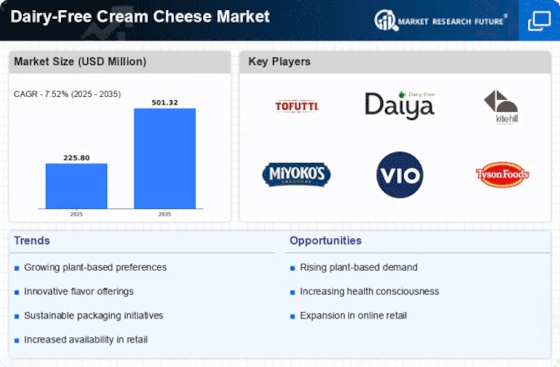
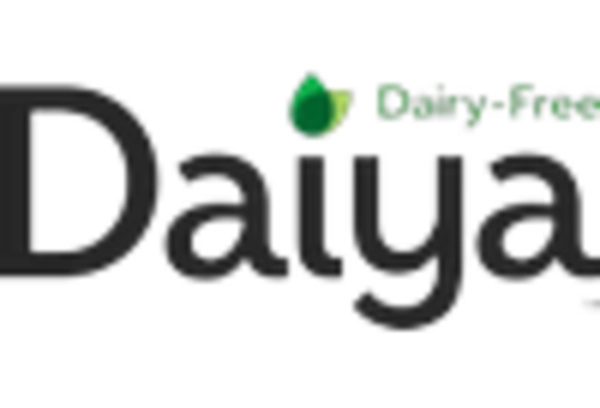
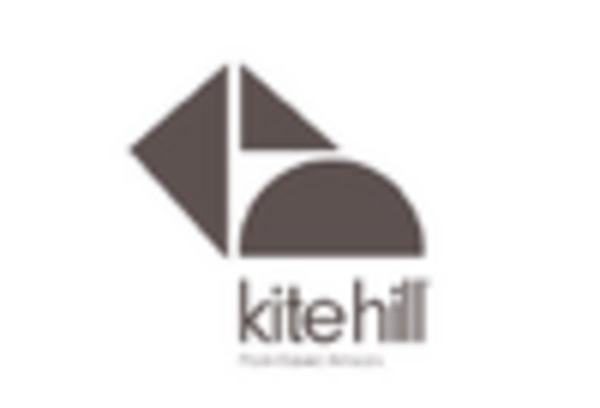
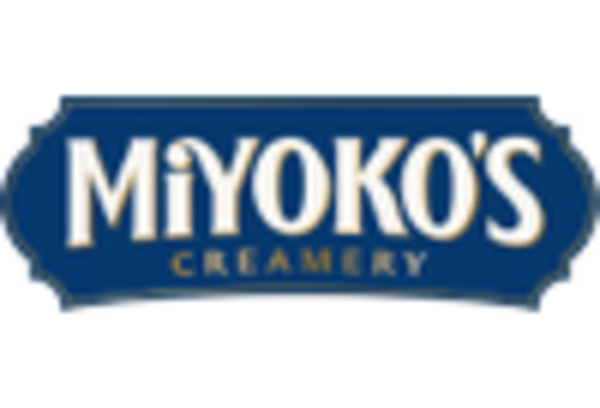
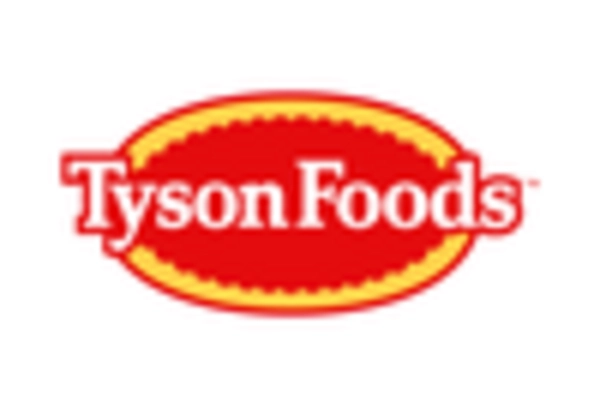
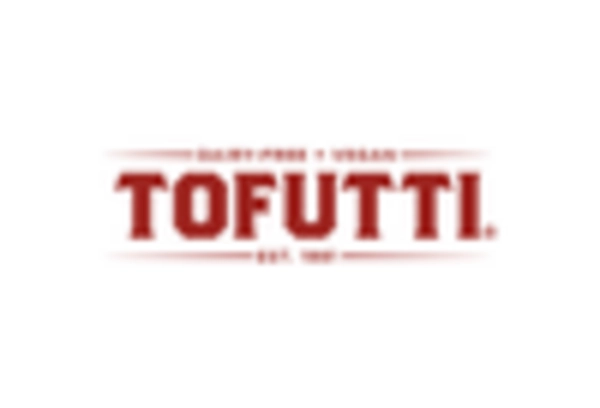
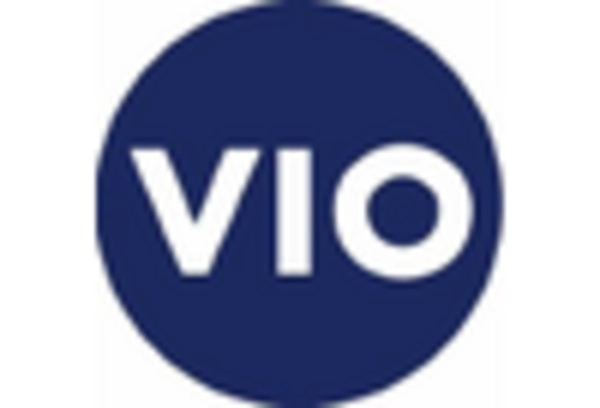









Leave a Comment